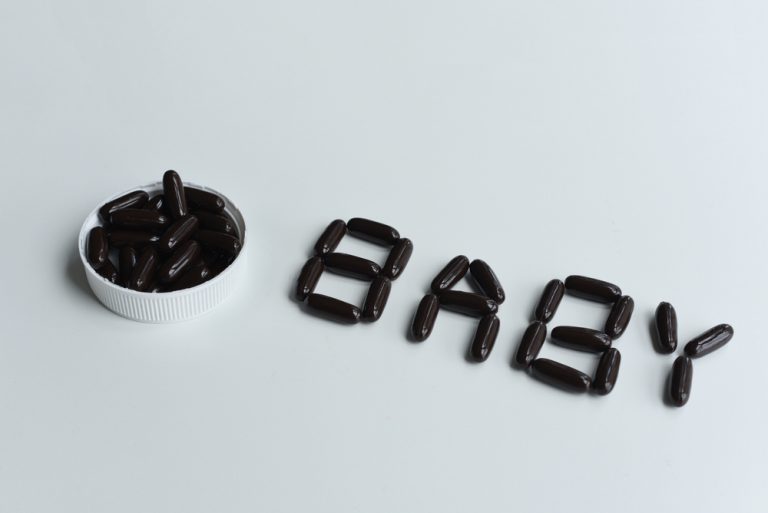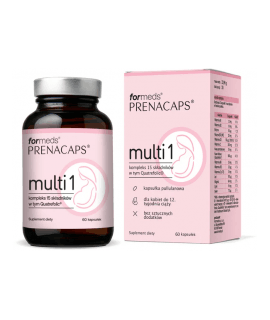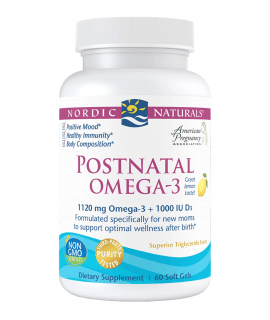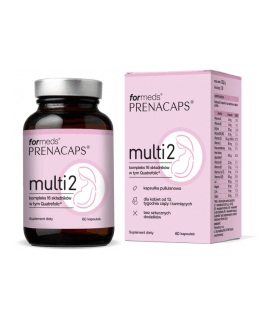Have you just had your first checkup and found out you're pregnant? Or perhaps you are a relative who would like to take the best possible care of a pregnant woman. From the following text, you will learn what supplements are necessary for pregnant women, what to supplement and what to watch out for.
Vitamin B9
We will start with the one that each of us knows very well - folic acid. The recommended dose is not less than 400 ug per day.
What is the role of this vitamin?
It affects the proper functioning of the nervous system, the digestive tract, the formation of red blood cells, and the development of nerve cells. It also takes part in the process of growth and development. It has been noted that in the population of our country most women do not have the ability to metabolize folic acid, so it is advisable to supplement folic acid with its active form.
Why it is necessary to take care of folic acid levels even before pregnancy? For a very simple reason, often during the first weeks, women do not know that they are pregnant. And it is during this time that the development and formation of the brain and spinal cord take place. Thanks to this, in a large percentage of cases we can avoid the risk of birth defects such as neural tube defects.
Vitamin D
The second ingredient that is necessary and requires proper supplementation is vitamin D. Vitamin D deficiency during pregnancy not only increases the chance of having a deficient baby, it can also increase the risk of pre-eclampsia. As a result, the newborn will have weaker bones, risk of rickets, as well as diseases such as diabetes, cancer, and a greater chance of developing autoimmune diseases. Pregnant women should supplement 1500-2000 IU of Vitamin D per day, and supplementation should not begin later than during the second trimester.
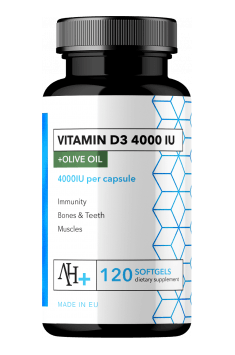
Iodine
The third element necessary for supplementation is iodine. It is responsible for the fetal development of the baby, its normal thyroid function, and brain development. Iodine deficiency can cause mental retardation in the child called cretinism. Here, as with folic acid, the first few weeks are the most important. During this time, the mother provides the child with all the necessary hormones. In addition to the necessary supplement, it is necessary to take care of the diet in this regard. Increase the share of sea fish in the diet, iodized salt, and mineral water.
Iron
Iron should be another important component of the pregnant woman's diet. Most pregnant women are deficient in iron. Vegetarians, patients with malabsorption, and women with hemoglobin levels below 11mg/dl are most likely to be deficient.
What should you avoid in your diet as a pregnant woman?
First of all, excessive amounts of vitamin A, as it can contribute to birth defects. Before planning a pregnancy, it is best to contact a specialist regarding your diet, deficiencies, doing the necessary tests, and preparing for pre-pregnancy supplementation.
During pregnancy, in addition to proper supplementation, you should avoid all processed foods. Unhealthy food in the form of fast foods, sweet drinks, products of unknown origin. It is recommended to exclude raw meat, raw fish, and raw eggs from the diet. It is also recommended to completely exclude offal and liver because of the high level of vitamin A contained in them.
Summary
When it comes to supplementation, it is best to choose formulations designed for pregnant women in the form of multivitamins. Single supplementation, separately of each ingredient, can be troublesome for the pregnant woman.
